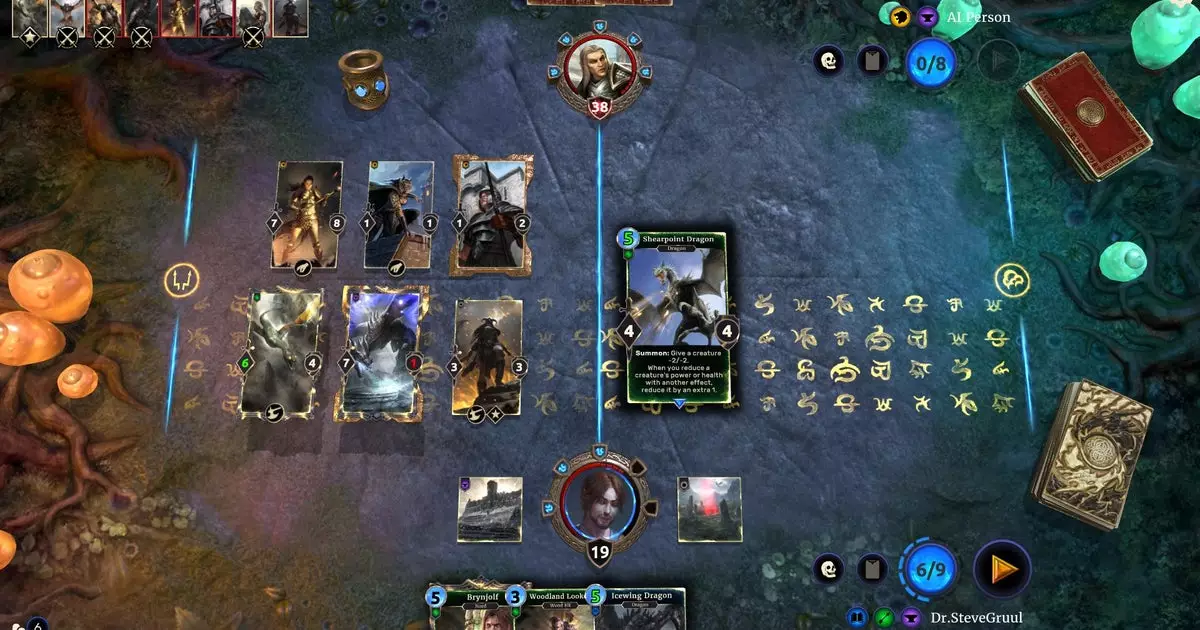The digital landscape is often a tumultuous sea, and the recent decision by Bethesda to pull The Elder Scrolls: Legends from Steam is yet another reminder of the transient nature of free-to-play titles. Launched with much anticipation, this card game set in the beloved Elder Scrolls universe captivated some players with its intriguing mechanics and lore. However, after five years without any substantial updates, the announcement of its server shutdown on January 30th, 2025, has left many fans disappointed and reflective on the fate of niche gaming projects.
The most jarring aspect of the closure is the inherent fragility of live service games. Unlike traditional titles that give players the chance to enjoy their purchased content indefinitely, free-to-play games often hinge on the continued support and update cycles provided by their developers. In the case of Legends, after its initial two years of updates and expansions, the silence became deafening, marking its gradual decline. While Brendy pointed out that Legends improved upon gameplay elements found in competitors like Hearthstone, the game seemed unable to attract a critical mass of players to sustain its community.
In-game notifications have served to notify players of the impending shutdown, offering a poignant message: all items would be available for merely one gold until the servers went dark. It’s a bittersweet gesture that allows for a nostalgic farewell, but it simultaneously highlights the disposability of digital content in today’s gaming ecosystem. Unlike physical card games that can be played indefinitely, Legends will vanish entirely, leaving behind only memories for its players.
The decision to shut down Legends represents a broader trend in the gaming industry regarding how live service models can lead to a lack of respect for the time and investment players place in them. Are other mediums as quick to discard art and community based on market fluctuations? While television shows may get canceled, they often leave reruns or merchandise behind for fans to cherish. In gaming, particularly with free-to-play models, entire experiences are simply wiped away when they no longer meet financial expectations, leaving customers feeling as if their contributions have been cast into a digital void.
Lessons for Future Titles
The fate of The Elder Scrolls: Legends serves as a cautionary tale for both developers and players. It underscores the importance of sustainable development and a robust player community in ensuring a game’s longevity. As the gaming landscape continues to evolve, it is crucial that both sides—creators and consumers—aim to establish more resilient structures for their engagements, moving beyond the ephemeral and toward a more nurturing culture that values the investment of both time and passion in gaming.
The shutdown of Legends is not merely a loss for its players but a reflection of broader industry practices that merit scrutiny and prompt discussion about the future of video games as a whole.


Leave a Reply